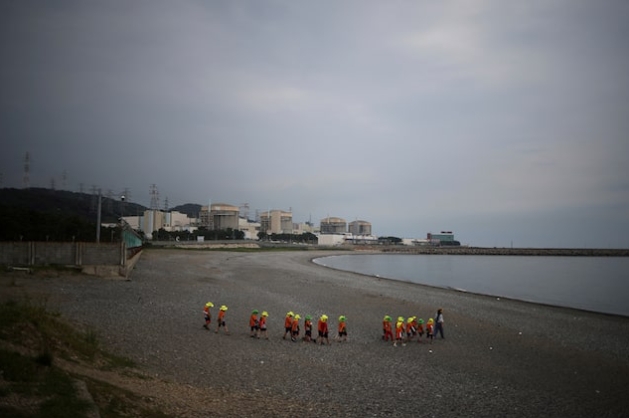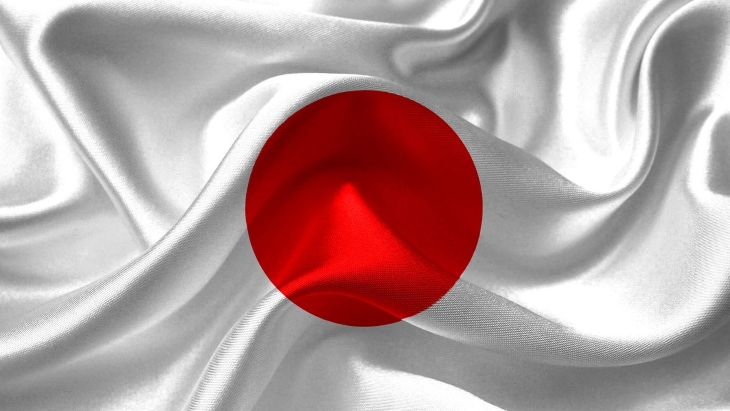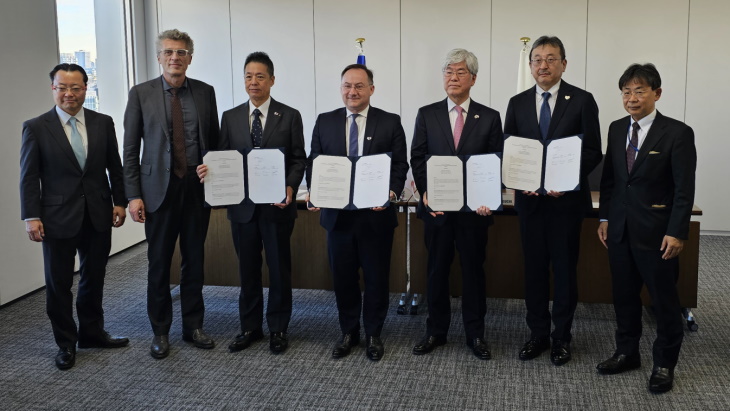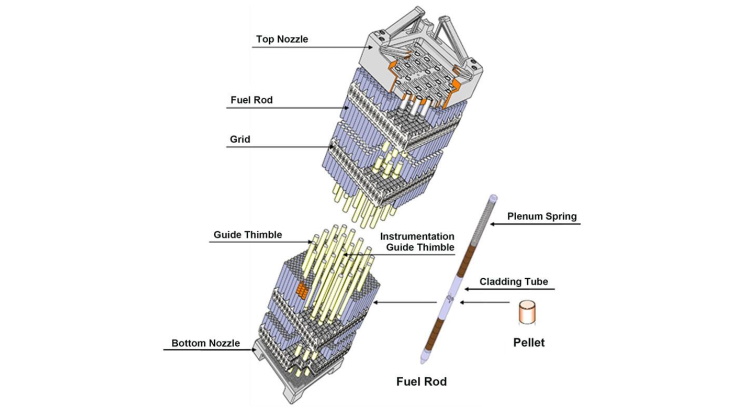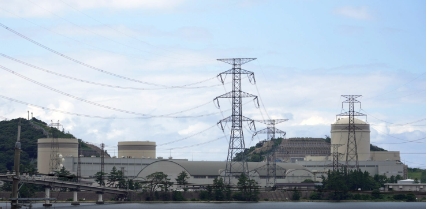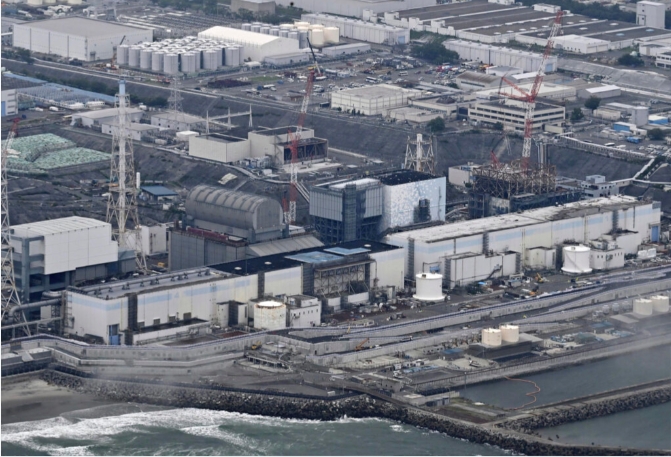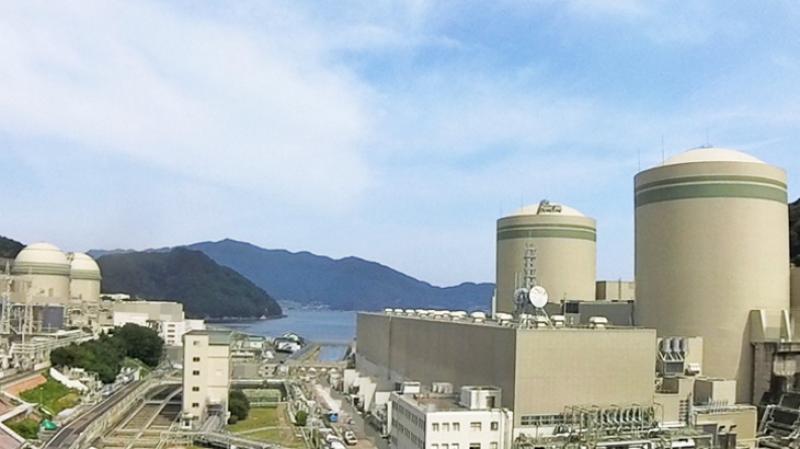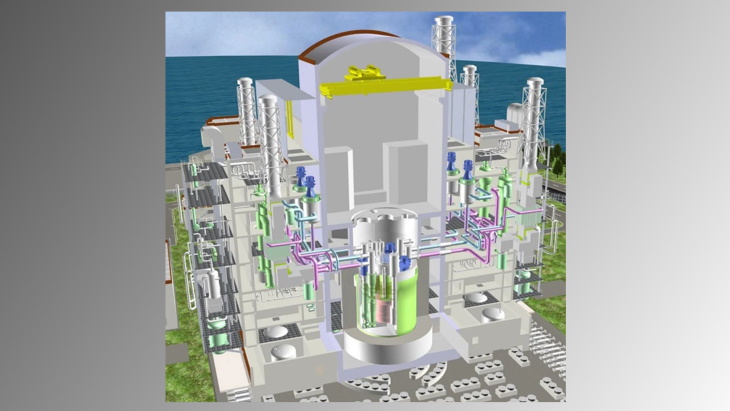
MHI will oversee both the conceptual design as well as research and development for the reactor in partnership with Mitsubishi FBR Systems (MFBR), which was established in 2007 as an engineering company responsible for the development and MFBR has been leading the development of FBRs in Japan based on the Mitsubishi Group's accumulated experience in nuclear-related business.
The conceptual design work for the new reactor is scheduled to begin in fiscal 2024.
In the strategic roadmap for fast reactor development adopted by Japan's Cabinet in December 2018, a policy was defined to assess the efficacy of various types of fast reactors to be developed following a technological competition among private-sector corporations. The roadmap was subsequently revised by the Cabinet decision on 23 December 2022, at which time two decisions were taken: firstly, to select a sodium-cooled fast reactor as the target of the conceptual design of the demonstration reactor, set to get under way in fiscal 2024; and secondly, to select a manufacturer to serve as the core company in charge of the fast reactor's design and requisite R&D which would proceed with technology development in accordance with the goals and policy directions established by the government.
In 2007, MHI was selected as the core company in charge of a research programme that was focused on the practical uses of fast reactors. The selection was made by taking into consideration MHI's technologies and experience cultivated through its participation in the development and construction of the Joyo experimental fast reactor and the Monju prototype reactor. Subsequently, MHI, in partnership with MFBR, has been undertaking plant conceptual studies and R&D toward reactor realisation.
In December 2019, MHI and MFBR, together with the Japan Atomic Energy Agency (JAEA), signed an agreement to cooperate on the development of fast neutron reactors with Framatome and the French Alternative Energies and Atomic Energy Commission.
JAEA, MHI and MFBR in January 2022 signed a memorandum of understanding with TerraPower of the USA to cooperate on the development of sodium-cooled fast reactors.
"These activities will enable faster reactor development and the establishment of in-house sodium testing facilities necessary for reactor R&D," MHI said. "MHI is continuing to refine its technologies and develop the necessary human resource to support this important initiative".
Fast neutron reactors offer the prospect of vastly more efficient use of uranium resources than in conventional power reactors, as well as the ability to burn actinides. Fast reactors have operated in various countries since the 1950s, with some producing electricity commercially.
JAEA has a history of operating sodium-cooled fast reactors, such as Monju in Fukui Prefecture and the Joyo experimental fast reactor in Ibaraki Prefecture. However, the development of fast reactors in Japan has been halted since the government decided to decommission Monju in 2016, following a series of problems, including leakage of sodium coolant in 1995.
